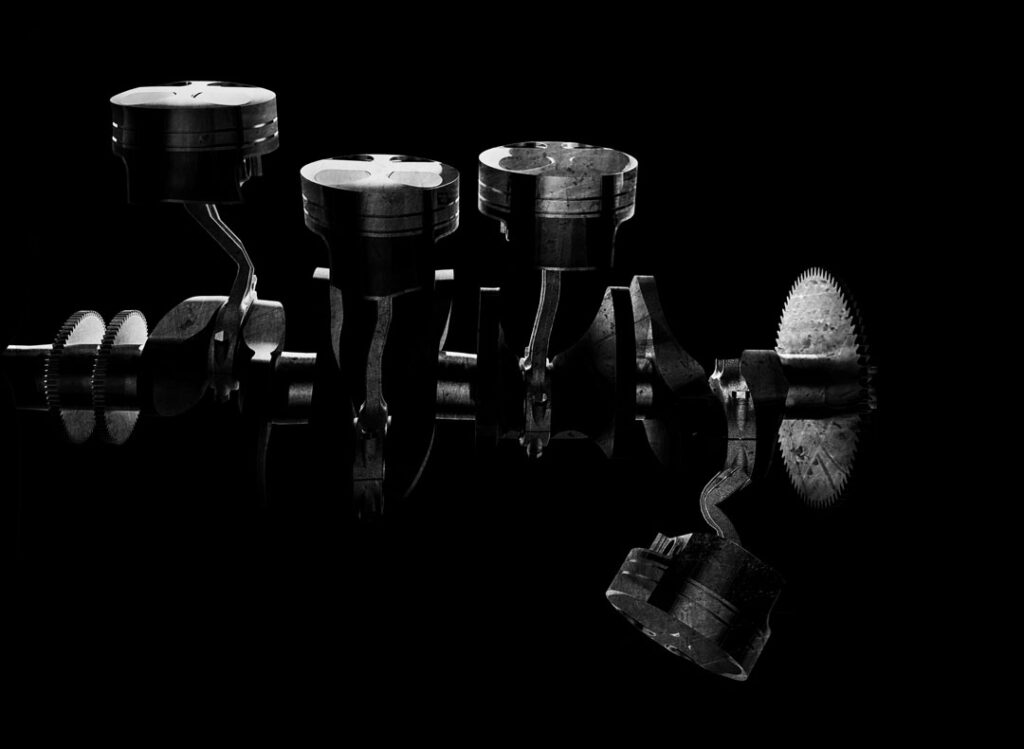Panelists: Weak political will = bad water quality

Des Moines Water Works chief Bill Stowe and others on a Drake University panel Wednesday said the weak political will of Iowa’s leaders has left waterways polluted with toxic algae, health-threatening nitrate runoff and a bigger threat from mercury-contaminated fish than is acknowledged.
“We are in a water quality crises,” said Stowe, general manager and CEO at Water Works, which is suing drainage districts in three northwest Iowa counties over nitrate pollution in runoff. “Agricultural accountability is what it comes down to,” said Stowe, blaming most of the problem on farm practices that the state and federal governments decline to regulate.
Matthew Russell, resilient agriculture coordinator at Drake Law School, said Iowa has both “a lot of work to do” on water quality and “a lot of resources” to improve waterways.
“We have a lot of innovations — it isn’t a technical problem,” Russell said. “Where we have the inability is the politics. We have an attitudinal problem and an economic problem.”
Russell said lawmakers don’t seem to be willing to tackle the problem. And, economically, market forces are likely to push the price of fertilizer down, which will encourage farmers to apply more at a time when they are being pressured to apply less to reduce runoff pollution.
The Water Works lawsuit, Russell said, “brought things home right there. It got people’s attention.”
Andrew Graham, assistant professor of chemistry at Grinnell College, said the political timidity spreads to the state’s warnings about eating fish from Iowa streams and lakes. Iowa’s relatively modest fish-tissue sampling program and loose guidelines on eating contaminated fish protect people less than those in Minnesota and Wisconsin, Graham said. The state has fish consumption advisories only on a few waterways due to mercury contamination, which largely comes from the emissions of coal-fired power plants.
Iowa’s conditions are probably just as bad as in the neighboring states, where the warnings are far more comprehensive, Graham said.
Michael Haedicke, associate professor of sociology at Drake University, said the backlash over Water Works’ lawsuit also has shown some of the political backdrop. For example, Gov. Terry Branstad spoke of the utility declaring war on rural Iowa.
“I find that puzzling because Des Moines Water Works provides water to urban and rural customers,” Haedicke said. “The urban-rural frame is hard to get out of. It’s almost a trap.”
Panel moderator Peter Levi, assistant professor of environmental science and policy at Drake, said the division misses the universal importance of public health.
“What bridges need to be built? It’s clear to me that public health is not less valuable in rural areas than it is in urban areas,” Levi said.
The panel was part of the Heartland Global Health Consortium Conference, “The Social Determinants of Health.”









